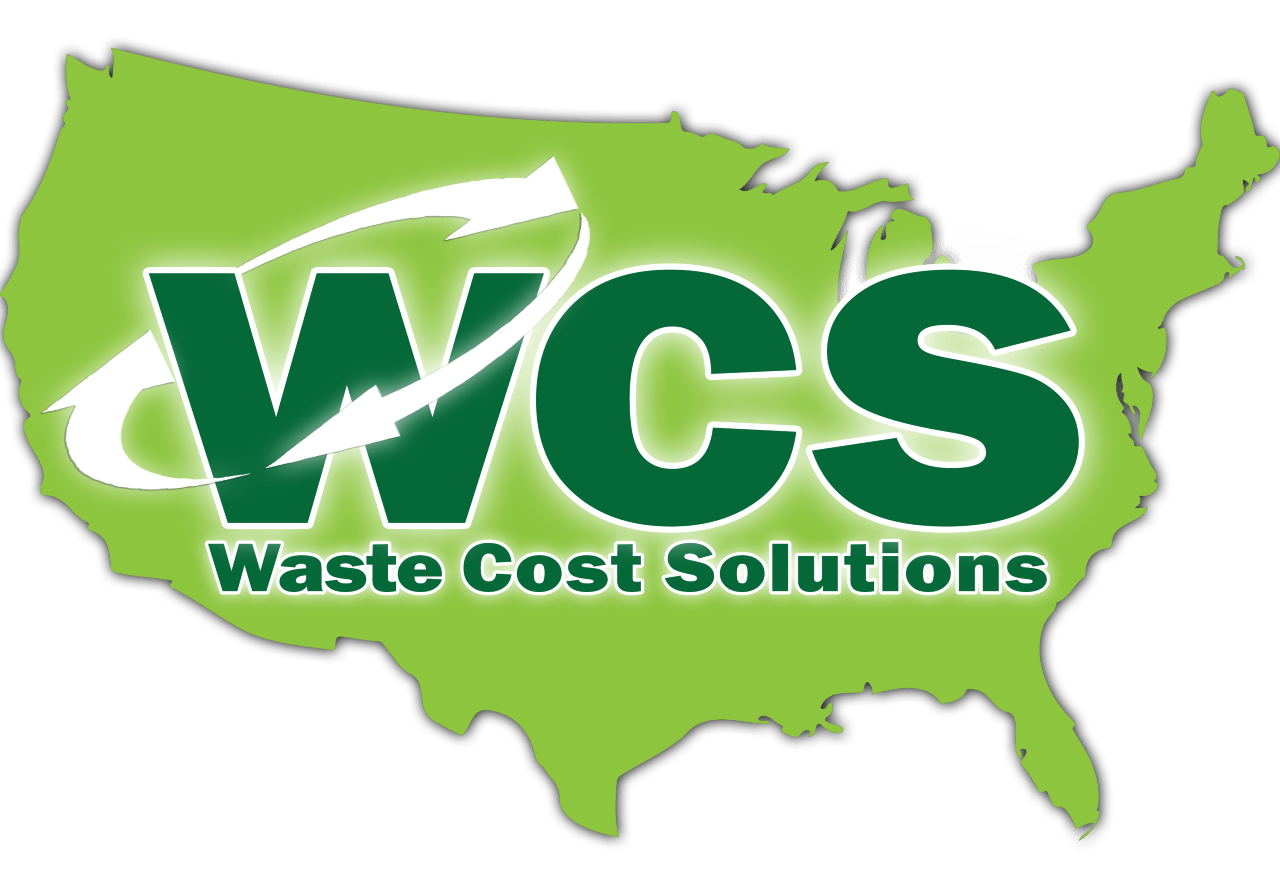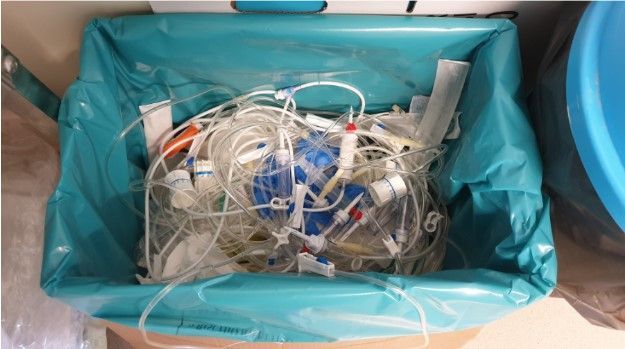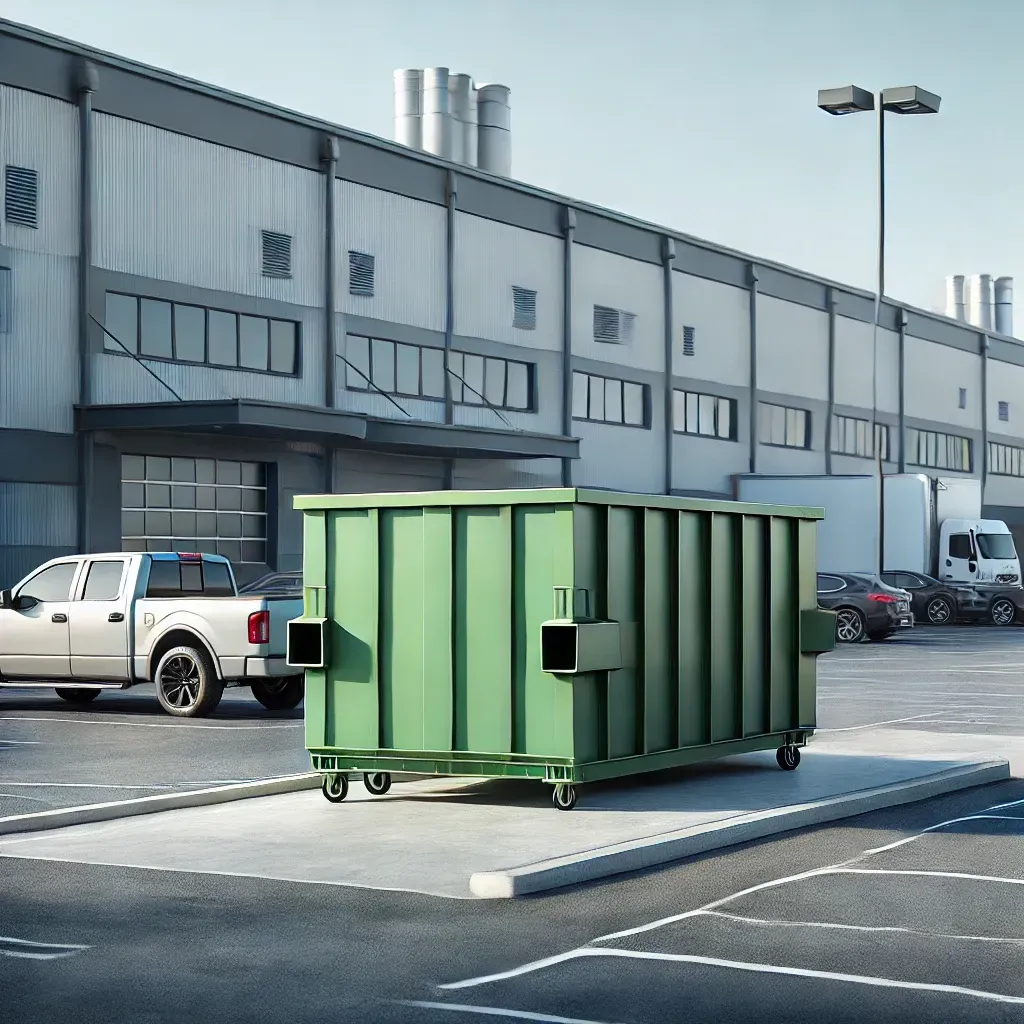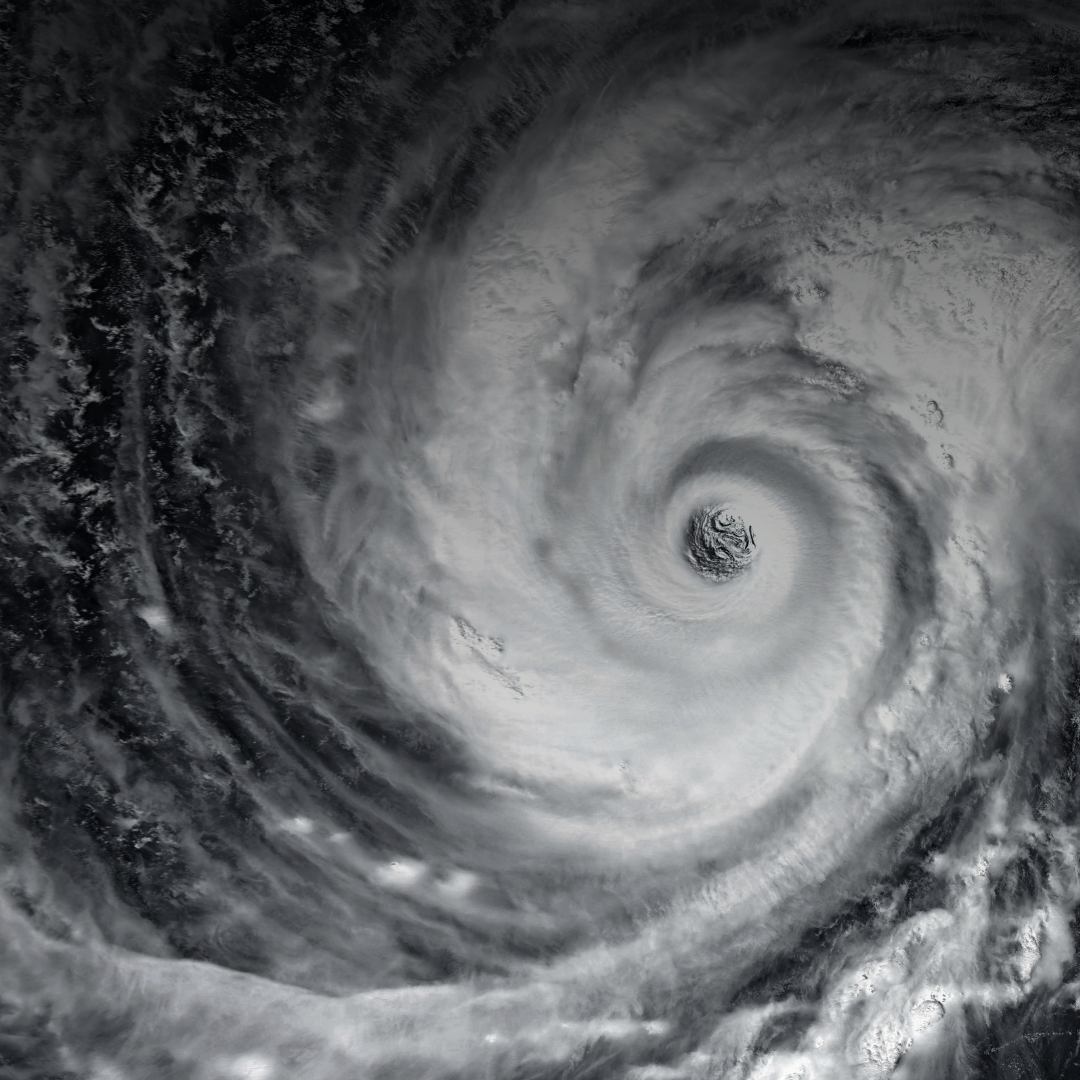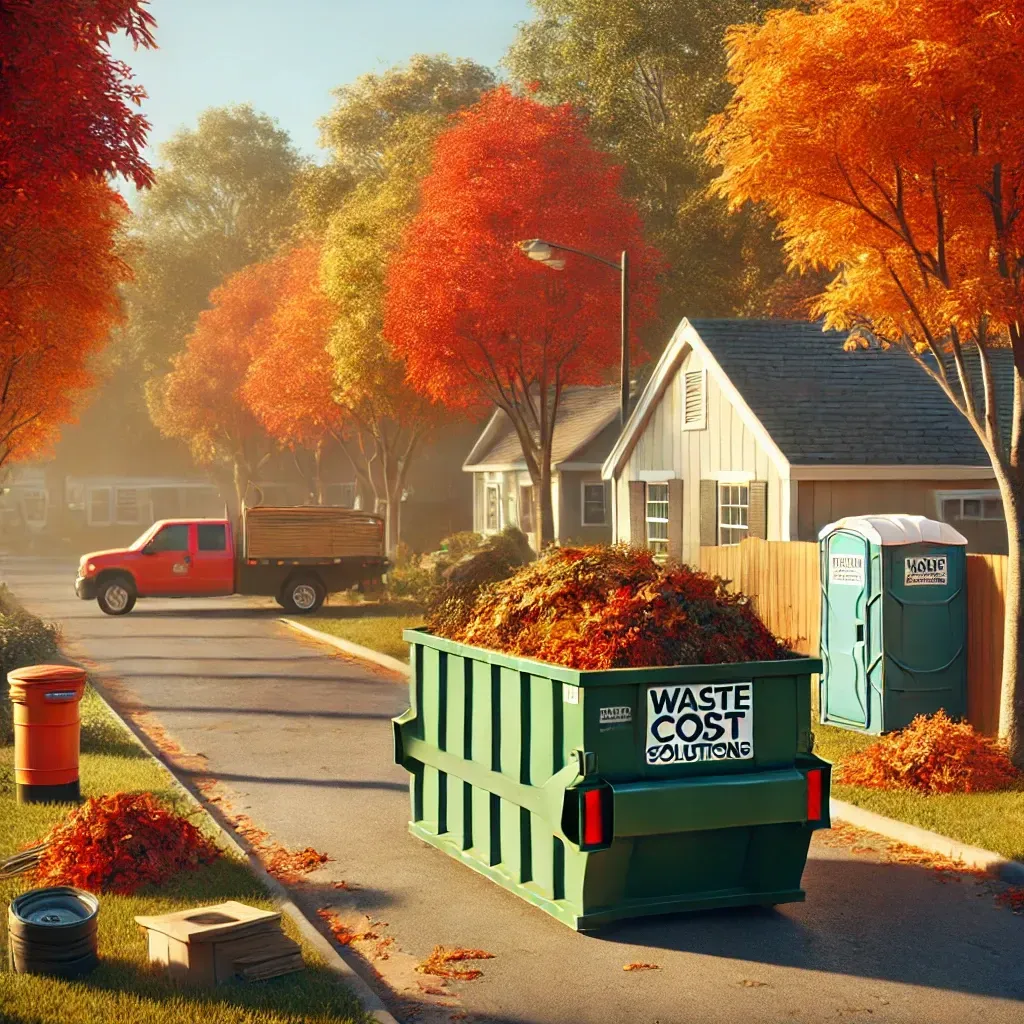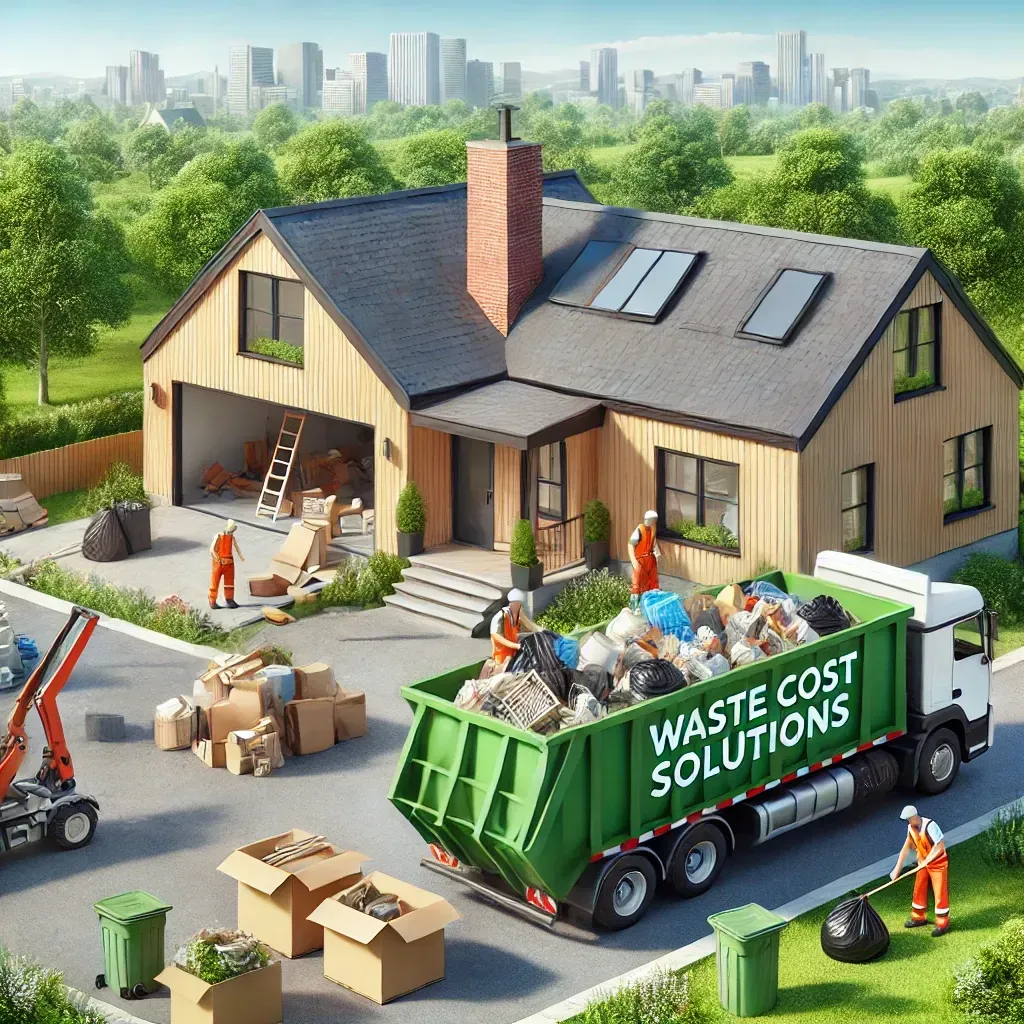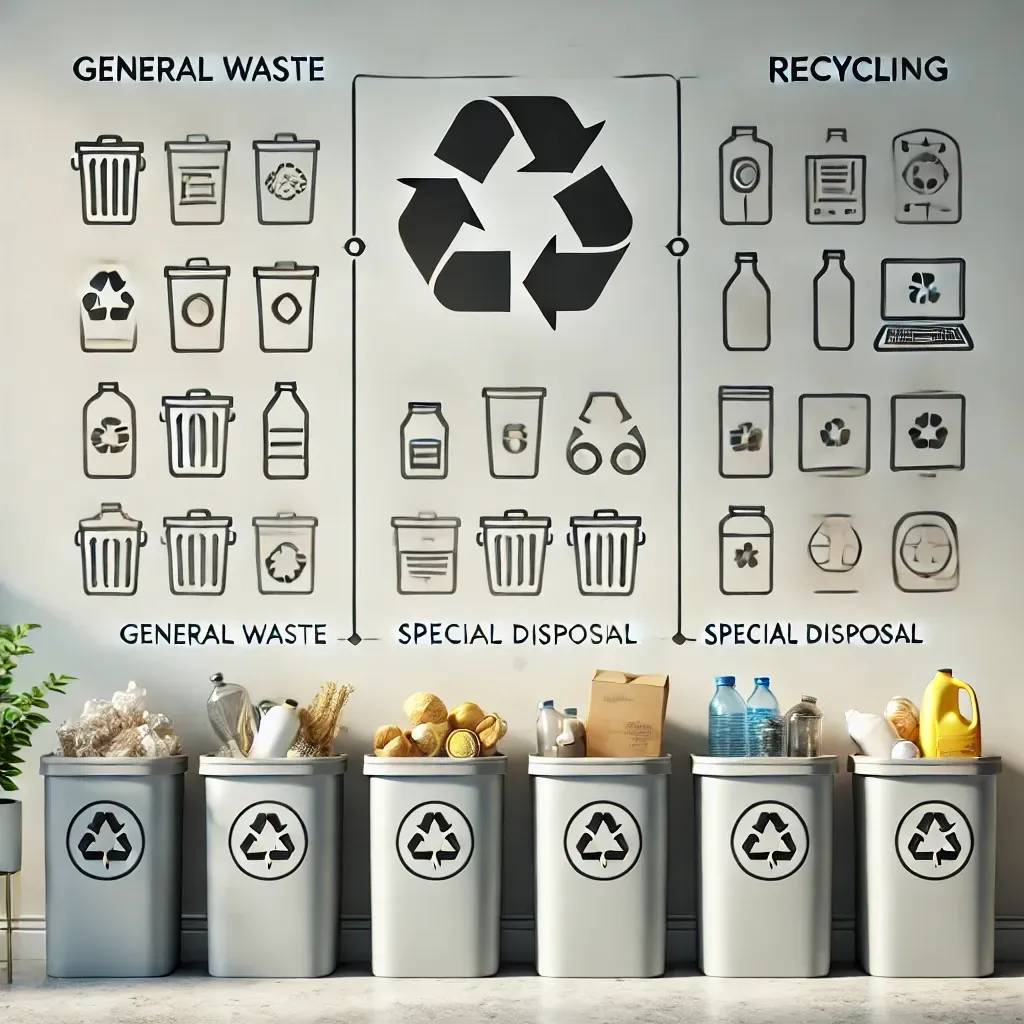October 29, 2024
In today’s fast-paced business environment, unexpected events can arise at any time, requiring immediate attention. For many facilities and businesses, managing waste in an emergency is a critical component of maintaining safety, hygiene, and operational continuity. Waste Cost Solutions offers a 24/7 Emergency Dumpster Service to provide efficient, reliable solutions when time is of the essence. What Is a Dumpster Emergency? A dumpster emergency can arise from various situations, including: Natural Disasters: Hurricanes, floods, and other weather-related events can lead to unexpected amounts of debris. Facility Accidents: Fires, leaks, and structural damage can create large quantities of waste requiring swift removal. Construction or Renovation Surprises: Projects can occasionally yield more waste than anticipated, resulting in the need for additional or larger dumpsters. Event Cleanups: Large gatherings or events may generate more waste than initially planned. These scenarios require a prompt, dependable waste solution that can minimize disruption and restore normalcy as quickly as possible. Waste Cost Solutions' 24/7 Emergency Dumpster Service Our Emergency Dumpster Service is designed to provide immediate, flexible options to businesses and facilities in need. Here’s how Waste Cost Solutions supports your operations when an emergency strikes: Rapid Response: Our team is available around the clock to ensure you get a dumpster on-site quickly, minimizing downtime and allowing you to focus on other urgent tasks. Flexible Sizes: We offer dumpsters in a variety of sizes, so whether you’re dealing with a small-scale cleanup or a major debris haul, we have the right solution to fit your needs. Compliance and Safety: Waste Cost Solutions takes all necessary steps to dispose of waste safely and in full compliance with local regulations. Expert Assistance: Our trained professionals are equipped to handle complex emergency scenarios, ensuring efficient waste removal that prioritizes your facility’s safety and cleanliness. Steps to Handle a Dumpster Emergency When faced with an emergency that requires additional waste management support, here’s a quick guide to managing the situation: Assess the Scope: Determine the scale of the waste or debris. This will help in selecting the appropriate dumpster size and ensuring timely removal. Contact Waste Cost Solutions Immediately: Call us 24/7 to request a dumpster. Our team will guide you through the necessary steps and provide the best solution based on your needs. Coordinate Clear Access: Make sure that the delivery area is clear and accessible. This will help speed up the delivery and ensure safe placement of the dumpster. Follow Safety Protocols: Ensure your team adheres to safety guidelines during the cleanup to prevent injuries and other hazards. Plan for Waste Removal and Disposal: Coordinate with our team on pickup schedules to maintain a clean, safe environment throughout the emergency cleanup process. Why Choose Waste Cost Solutions for Emergency Waste Management? Emergency situations demand efficient, reliable, and experienced waste management partners. Waste Cost Solutions combines speed with professionalism, so you can rest assured that your waste management needs are met with care and expertise. Benefits of our 24/7 Emergency Service: Immediate Availability: Our team is on standby for emergency situations, ensuring that your waste management needs are met when it matters most. Professional Equipment: We provide well-maintained, durable dumpsters that are ready to handle even the toughest debris. Experienced Support: With years of experience in waste management, we’re prepared to address a wide range of emergency scenarios with effective solutions. Conclusion Dumpster emergencies can be challenging, but with Waste Cost Solutions as your partner, you have access to fast, professional support whenever you need it. Our 24/7 Emergency Dumpster Services ensures that your business or facility is prepared for the unexpected, with timely solutions that keep you on track. For more information or to request an emergency dumpster, contact Waste Cost Solutions today. We're here to support you in any situation, ensuring a safe and efficient resolution to your waste management needs.
